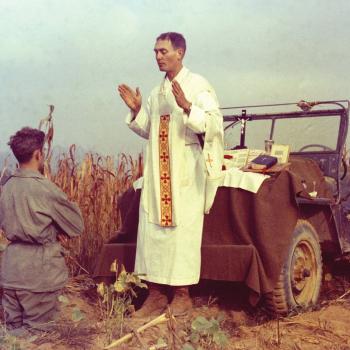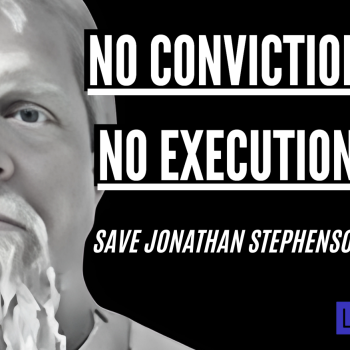Lectionary Reflections
Isaiah 58:1-12
February 10, 2016
Ash Wednesday
Time for confession again. It seems as I grow older, confession comes more readily to my lips. There are so many things I need to come clean about that sometimes I hardly know where to begin. But Ash Wednesday seems a good enough time in the Christian year, don't you think? But my confession is that I really do not like Ash Wednesday all that much. There are all those soggy hymns and all that wailing and gnashing and that sticky oily cross drawn on my forehead. It all appears to me to be a kind of theater of what I like least about the worship of the church: forced sadness, required deep emotion, a public display of religiosity that leaves me cold.
I know that some of you, reading that from my cynical brain, are probably saying, "What got into him? I just love that cross on the head bit, and those hymns are some of my favorites." Okay. You are welcome to them. I suppose what I really fear is very nicely summed up in Isaiah 58, one of the Hebrew Bible's greatest passages. I thrill every time it comes up, because it is the goad I need to make something out of Ash Wednesday that I cannot seem to make on my own.
We can never know precisely when this text was composed, or by whom, or for what specific occasion. But it is still a humdinger and needs a hearing every few months in the church to keep all of us honest about what we think we are doing in church at all. When I kneel at the altar to get my blackened cross, Isaiah 58:3 invariably pops into my mind. "Why do we fast, but you do not see? Why humble ourselves, but you do not notice?" Look carefully, YHWH, at my deep expression of piety! I have bowed down like a bulrush, I have suffered the indignity of destroying my coiffure, smudging my makeup, stinking up my designer facial soap, and I hear nothing from you? Come on, now! I am in church again — on a Wednesday, for heaven's sake (or for someone's sake) — and still I cannot get what I want from my most fervent appeals to you! It is far less than fair; I have done my bit, now you do yours!
"Well! You serve your own interests on your fast day, while you oppress all your workers. Great heavens! You fast only to quarrel and fight, to beat others up with your power. Such fasting as you do today will not make your voice heard on high!" (Is. 58:4) My blackened forehead too often becomes for me a sign not of my devotion to God, my confession of my mortality, but rather a signal of my struggle to appear pious and devoted, while my real game is oppression.
This all came home to me again last week when I was in a small town in Texas speaking to a group of people who came together to consider the issue of homosexuality and its place in Christian community. Of course, I represent what may be the most hypocritical Christian community going, the United Methodist Church, that, while shouting its motto — "Open minds, Open Lives, Open Doors" — firmly slams those same doors against any full participation by LGBTQ persons. In a single paragraph of the rule book of our church, The Discipline, we are told that "all persons are made in God's image and are people of sacred worth" and that "homosexuality is incompatible with Christian teaching," a veritable mind-blowing contradiction that beggars any sort of rational reply. Either all persons are made in God's image or they are not. But in 21st-century Methodism we find something more akin to George Orwell's Animal Farm, where, as we all remember, "All animals are created equal, but some are more equal than others."
In this group of about eighty folks, there were gay and lesbian couples, some married, some not, members of local Pflag chapters in the area, a few interested allies, who found themselves in other churches that could not accept their sons or daughters into any sort of fellowship, because they were not heterosexual. It was a collection of people who were serious Christians, but who too often found themselves ostracized by other serious Christians because of whom they chose to love. In my speech, I tried to show them that the attempts to shoehorn the Bible into the discussion as the final word of rejection of such people was simply wrong and finally cruelly destructive. Those who would use the Bible's few so-called references to the issue as the "final word" were clearly barking up the wrong nasty tree.
The questions after I concluded were quite wonderful. One person asked, "How am I to respond to my gay and lesbian friends who ask me why I stay in a church that rejects them?" "What do I say to my son, whom I love unreservedly, when my church, that I also love, expresses hatred for him?" And perhaps most interesting of all was this: "Why do these Bible translators keep repeating the same mistakes they have been making with these texts since the publication of the King James version in 1611?" I admit I had no answer for that one, but they should be deeply ashamed of their work, as I have said on more than one occasion.





